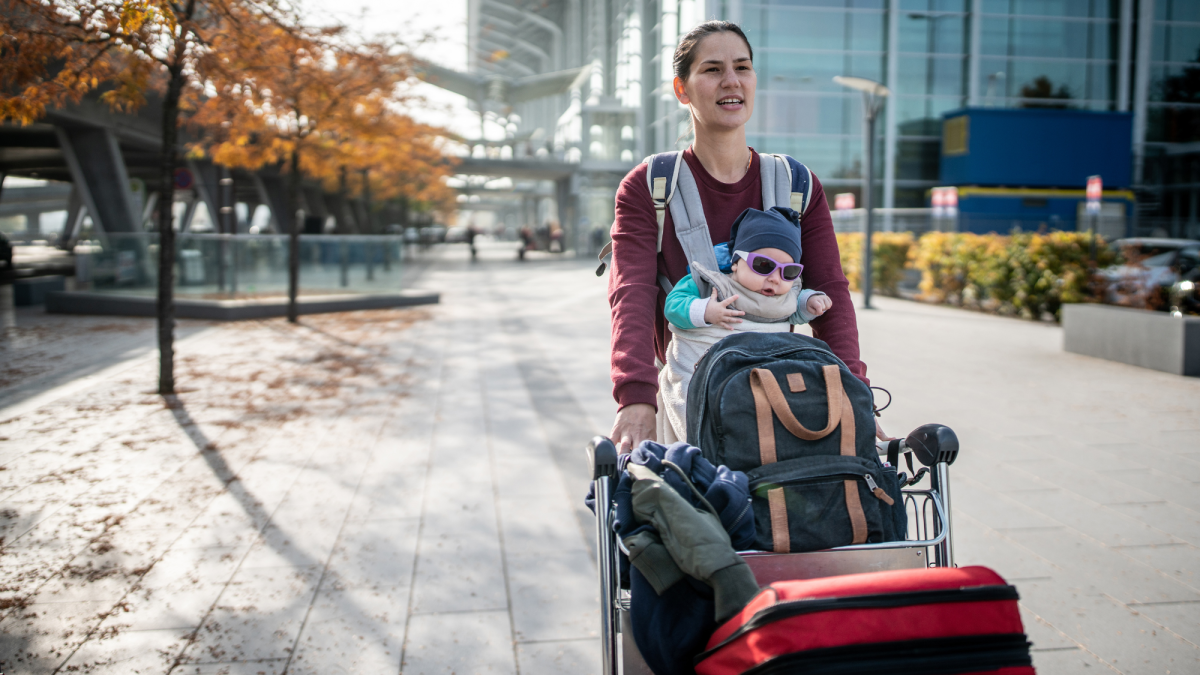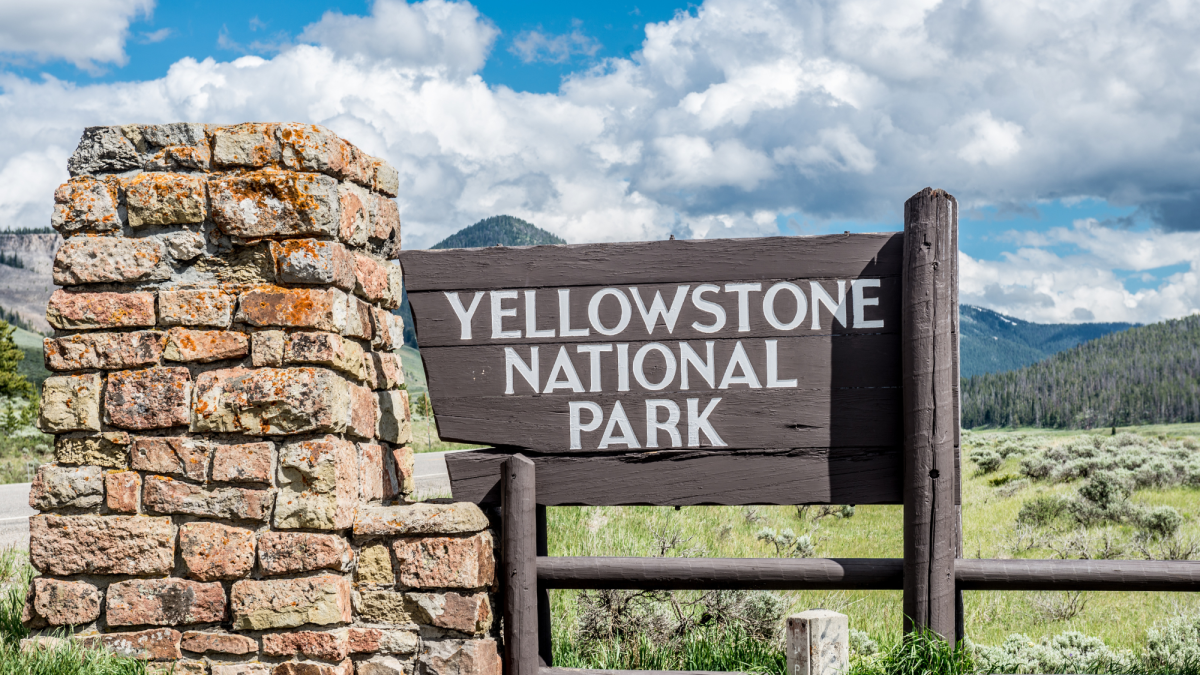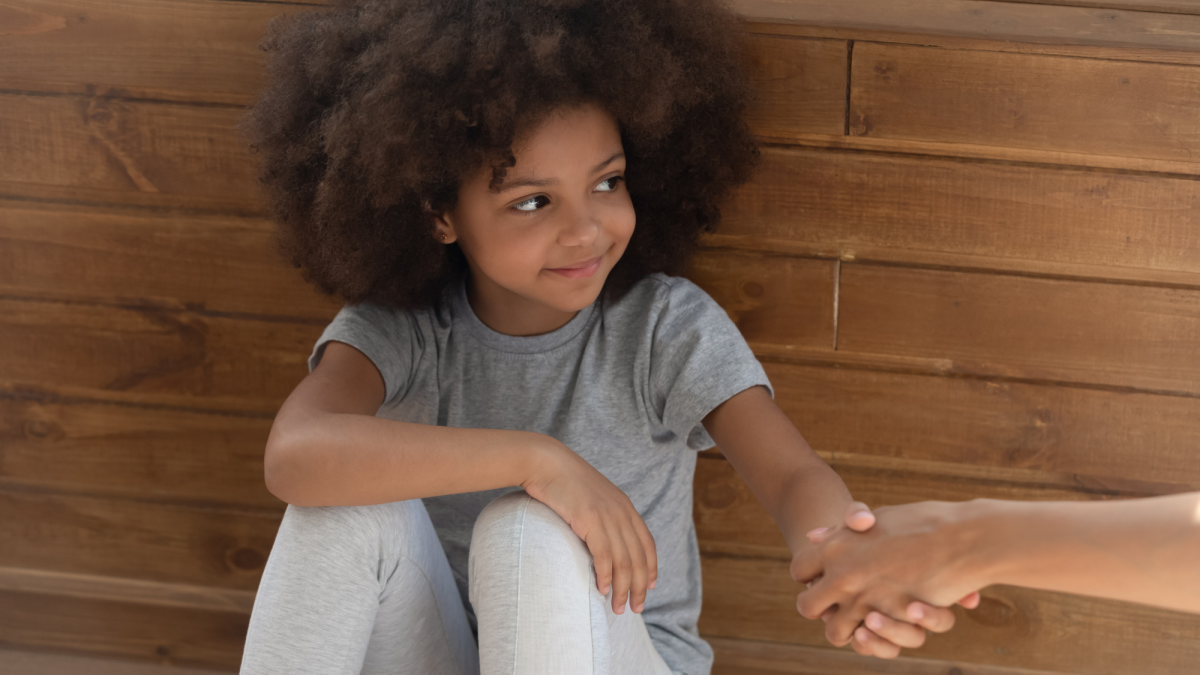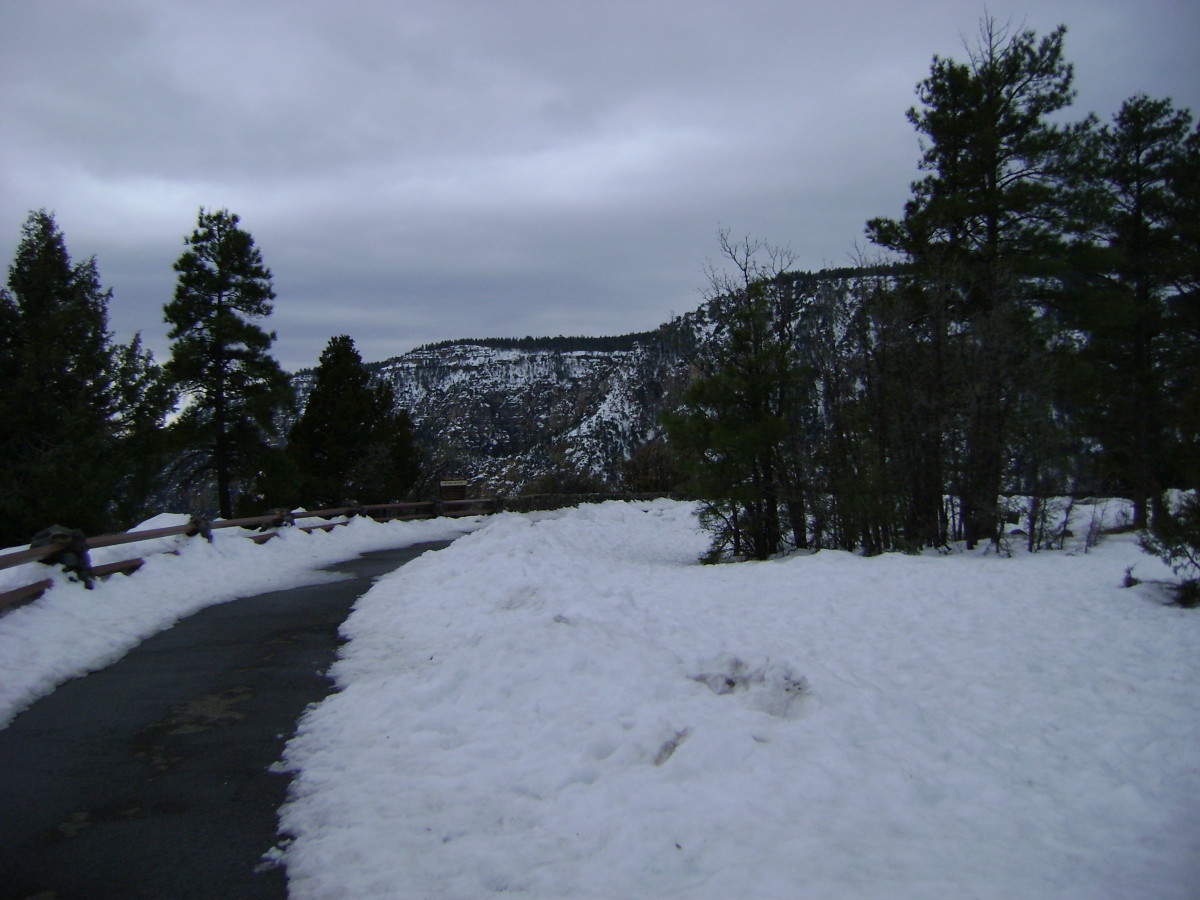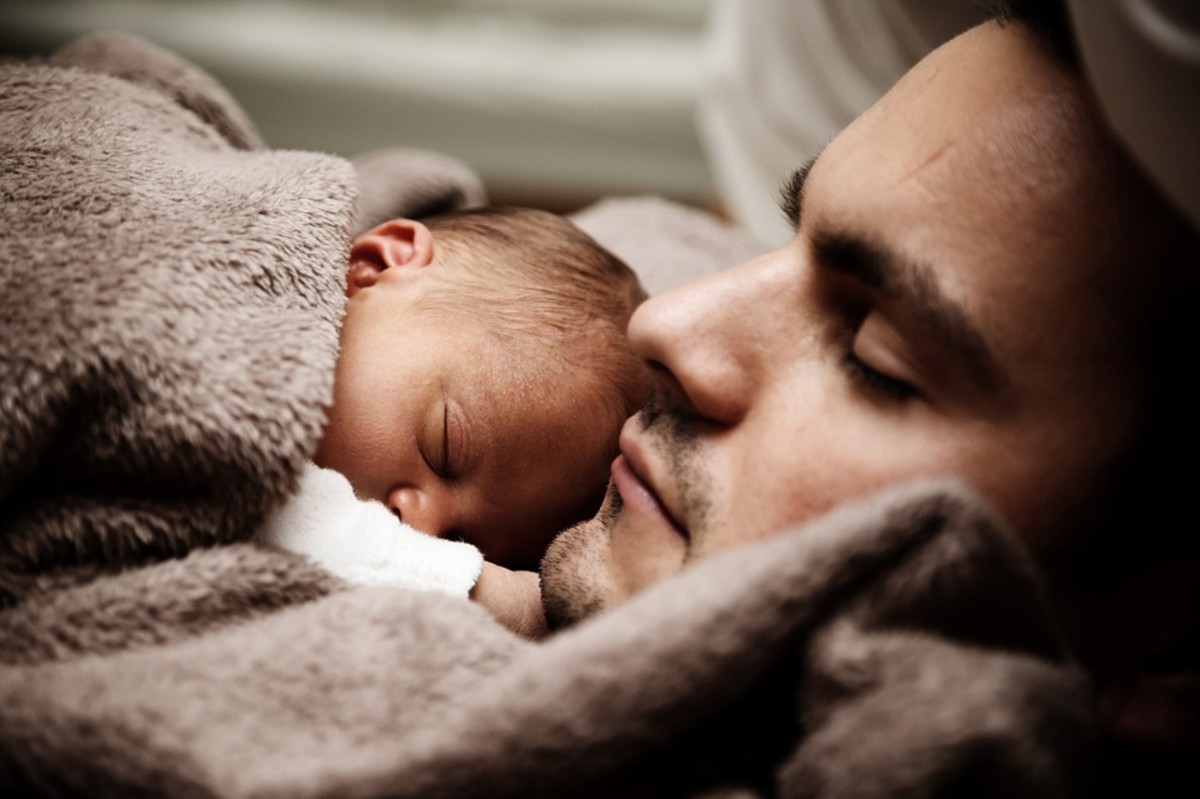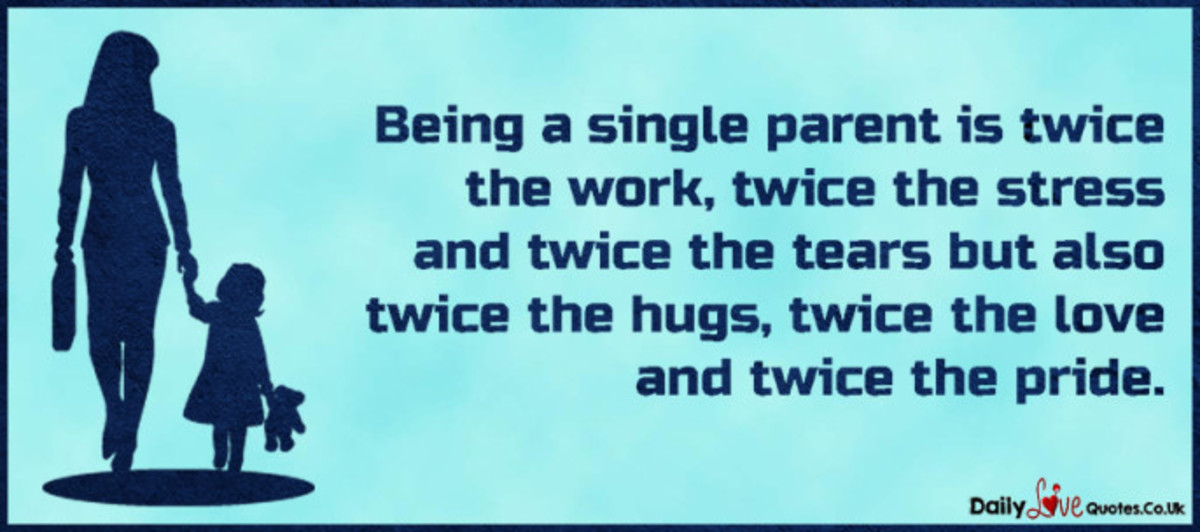Single Parents' Guide to an Affordable and Fun Camping Vacation


Ten Rules for your Guide-book
Summer is here and single, money-strapped parents are stressing out over the kid's vacation plans. What's a single parent on a limited budget to do? The answer is simple, fun and cheap. The all-American camping trip is the answer to your prayers. Want to spend your time at the beach, the lake, the mountains, near kid-friendly attractions, but fear you can't afford it? Follow these easy tips and you'll be on your way to a vacation the kids will remember forever:
1. Go to a National Park or State Campground
Federal and state campgrounds are the best choice for value and free programs for kids. If you can afford a little more, try a private campground which will offer a swimming pool and laundry facilities on-site. But, for value, you can't beat the public campgrounds. Forget the pool! Pick a campground with a lake or beside the ocean. The kids will remember their natural surroundings, not a chlorine-filled pool. Choose a beautiful, natural setting with fresh, clean air and free guided explorations or programs. The National Park System has great family-friendly programs. Pick up the schedules and reservation information when you check in with the Rangers. The Junior Ranger Program in the National Park System is a perfect, guide-sheet for the harried single parent. Sign them up when you get there.
2. Plan and book early.
Book early. The popular vacation times fill up quickly. Begin planning your camping adventure in January. Involve the kids! Have them help you research what they would like to see and do. Do they want a sea-side adventure? There are campgrounds right on the beach. Do they want a mountain experience? The possibilities are endless. A credit card is not needed. You can book by web-site or phone and send a check or money order to reserve your place. http://www.reserveamerica.com/ is the web-site for national, state and private park reservations. This site has oodles of information to help you plan your trip. There are links for anything you need as you plan your camping adventure.
3. Travel to a nearby state.
Nothing gets kids more excited that leaving their home-state for another. They want to be able to tell their friends that they are going somewhere new and exciting. So, even if it might be easier to camp in your own state, consider driving to another. Renew your AAA membership in case of a flat tire or locked car on the road. If you don't have a cell phone, buy a pay-as-you-go phone just for the trip. Pack the car the night before. Change your oil. Check your tire pressure. Check your breaks. Involve the kids in this aspect of the trip preparation. Write a final check-list and have the kids read and check-off all the items that the family will need. Leave at sunrise. Plan some fun pit-stops, bring a picnic lunch and give your kids the opportunity to pass the "Welcome to....." sign as they drive into another state. Let an older child be the navigator with the map. Forget the GPS. Give your kids the opportunity to learn real navigation skills as they look for the next highway route.
4. Pack lightly, but bring essentials.
The worst financial mistakes that I've made camping with my kids has been spending money on things that I should have brought from home. Its infuriating when you have to spend your extra vacation money on laundry detergent, dish-washing liquid or even salt, pepper and sugar.
My advice is to pack lightly on the clothes, but don't forget the essentials like medicine, bug- spray, sun-block, cooking utensils, sleeping bags and pillows, a radio that uses batteries, flashlights and a lantern. Make a first run to the local grocery store for lighter-fluid, safety lighter, ice, and perishable foods like milk and bread.Buy your perishables sparingly. Buy a large container of water and fill up your water bottles. Remember, the less food preparation you have, the less clean-up for you. Paper plates and cups are the way to go. Cereal in the morning. PB&J for lunch. Healthy Hot Dogs for dinner. For your dishes, bring two small plastic bins or containers. Soak your dishes in hot soapy water before you bring them to the wash-station. Use the other container for rinsiing. Fill up on fruits like apples, bananas, oranges, and local berries. Please bring a large garbage bag for everyone's laundry. If you stay longer than three days, you'll have to make a trip to the laundramat for your own sanity. Also, bring two big bins for your dry supplies. Bring extra garbage bags to clean up your site every day. Trash around your site will just drive you nuts!
5. Plan your camping trip with a flexible schedule. Think like a teacher.
The best camping trips involve a flexible schedule. Give the kids choices. Know what you can't afford and take it off the menu. If you can't afford the go-carts, miniature golf, or arcades, then don't offer the choice. Do they want to go on a hike in the morning or go to the lake? Keep them busy. Talk about it the night before so they can get excited. Which trail should you take? Why? Have them bring a journal and draw pictures or describe what they do. Plan an activity for the morning and one for the afternoon. Don't leave it open-ended. Are they getting bored with the lake? Take them out for a canoe-ride. Have fun trying to maneuver a row-boat. Get a license and try some fishing. Get a kick out of paddle-boat. Always make them aware of what is around them. Ask questions. What kind of wild-life do they see during the canoe trip? Canoe near the land and look for spiders or insects on the bushes. What kind of insect is it? How could they find out? Describe it to the ranger. Research it at the nature center. Just for a week, pretend you are a teacher, not a parent. Open their eyes to the natural world around them.
6. Keep your expectations developmentally appropriate.
In other words, if you go camping with an infant, toddler and/or a preschooler, give yourself a break. You won't be able to over-schedule the kids. They'll need naps and more down-time. You'll be focused on their child-care needs. Keep it simple and easy on yourself. Go for walks with a jogging stroller. Return to the campsite often. Go for sight-seeing drives for yourself while they nap in their car-seats. Limit their sun-exposure. Don't forget the bug-spray and insect nets. Definitely bring a play-pen or an expandable circular gate. Keep your toddler in here when you are setting up or breaking down your site, preparing dinner, or are otherwise distracted. Strap them in their car-seats in the car while you unpack and set-up etc. Don't forget to put on your emergency break. Don't worry about temper tantrums when you have to use these safety measures. This is a campground and no-one pays attention to children crying. You'll only get attention if you are being neglectful of the children. Keep them on your site and away from the fire. Don't allow them to wander into the poison ivy or get lost in the woods. Be vigilant!
7. Camp with another single parent or bring a friend or relative.
Camp with another single parent and his or her kids in side-by-side sites. You'll give support and company for each other. Remember that the ages of their children may conflict with the activities of your children. A good solution of mine was to have both separate and joint plans for your day. You don't have to be joined at the hip. Rotating meals is a fun way to save money and socialize during dinner. Preparing a potluck meal together is also cheap and tasty. If a friend or relative joins you on your trip, ask them to be a team-player. Nothing will be more frustrating for you than a friend or relative who is not supportive. Sometimes its better to camp alone with the kids. But, if a favorite aunt, uncle or grandparent wants to be part of the adventure, give it a try.
8. Dress up for an evening on the town.
Camping is fun, but sometimes the girls may want to play dress-up and stroll down the promenade with their hair done. Don't laugh. This "night out" might just put a spring back in the step of your jaded tween or preteen gal or guy. Sometimes a few days of roughing it makes them feel grumpy. Seriously, pack a change of nicer vacation clothes, nothing fancy, and plan an evening out. Wash and vacuum the car. This is the night where you might budget for dinner at a "nicer" restaurant. Go to a movie. Have some ice-cream. Window-shop. Let them splash on some perfume and lip gloss and they'll think they're living large for the evening.
9. Safety and Sanity tips for single parents camping.
When a single parent is camping alone with kids, keep in mind some personal safety and sanity tips:
Camp in a family-friendly campground,
Keep away for remote sites. Ask for more popular areas in the campground,
Check out your neighbors when you pull in. If the single man or woman in the site next to you looks a little strange, go with your first instinct. Go back to the ranger and ask for another site,
Raccoons are not only a nuisance, but can be a health hazard. They may have rabies. Keep all your food out of your tent and in your car. Remove all traces of food on your site. Wash down the picnic table. I have been known to pack the kids in the minivan in the middle of the night if the raccoons wouldn't leave the site. They are notoriously brazen.
Bears are an even greater threat. Again, take precautions with your food clean-up. No food should be left in the tents. Ask the ranger if bears are visiting the campground. Follow their advice.
Try, try, try to put the little ones to bed early so that you can relax. Have a beer or a glass of wine (unless you are in a state or federal camp-ground). In any case, speak to your doctor about a medication that may help you manage stress if you are afraid of handling trips with the kids alone. If stress and anxiety is keeping you from camping or managing outings with your kids, speak to your doctor. We all feel stress when we are parenting alone. You are not alone. Medications are available that will ease your anxiety without impairing your ability to care for your children if taking as prescribed. While I am not a medical professional and cannot give medical advice, I believe that stress and anxiety should be managed by your doctor instead of your local liquor store. Just think about it.
10. Know when it may be time to abandon ship.
Prepare the kids in advance for the variables of Mother Nature. Tell them that although you will all try to stay for the entire vacation, there may be the possibility that the family leaves early. Don't use this as a consequence. Children and parents may get sick. The weather may become a threat to health and safety. But, don't let the first rainstorm send you packing. Older kids love to battle the elements. They love to dig trenches for the tent and batten down the hatches in preparation for rain and wind in their all-weather ponchos. In the morning after a storm, pack up the kids with any wet sleeping bags and damp clothes. Throw the clothes in the dryer at the laundromat, then treat them to a warm shower and a hot breakfast. After the clothes are dry, check out the nature center. When they return to the campsite later, they'll enjoy drying out the site and building a fire. Remind them that this is a challenge that they have overcome. They are learning survival skills. Frame the entire experience as a challenge. They will have great stories to tell friends and family when they get home.
A final thought: never let your status as a single parent stop you from giving your children every vacation experience that they need. Don't let money stop you. Don't let fear stop you. You are not alone. Millions of single parents vacation with their children every year. You can too! Be creative. Be brave. Teach them valuable life-lessons in survival, planning, conservation, global awareness and self-confidence. With a little planning, your family will enjoy an affordable and memorable vacation. Don't forget your camera. These memories are priceless .


